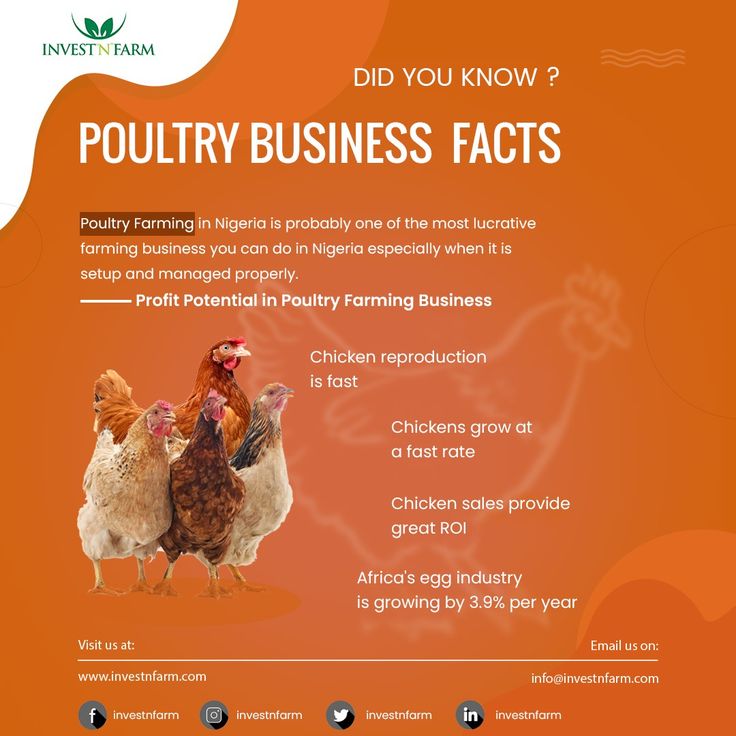When one thinks of cows, images of sprawling pastures and gentle grazing might spring to mind. However, these gentle giants possess a wealth of surprising traits that often go unnoticed. Are you ready to delve into the remarkable world of cows and discover just how intelligent and fascinating they truly are? Prepare for a challenge: see how many of these intriguing facts you can share with friends without astonishing them!
1. Impressive Minds
Contrary to the common stereotype of cows as simple-minded creatures, research indicates that they have a remarkable level of intelligence. In fact, cows can perform complex tasks, solve problems, and exhibit various forms of social behavior. They exhibit traits associated with emotional depth, showcasing emotions such as joy, distress, and even affection towards their peers.
2. Complex Communication
Cows communicate using a range of vocalizations and body language. They have a distinct set of moos, grunts, and groans that convey different meanings. Moreover, cows can interpret the body language of their fellow herd members, demonstrating an understanding of social dynamics. Some studies suggest that they can even learn from each other, exhibiting behaviors that indicate a level of social learning.
3. The Irreplaceable Role of Mothers
A mother cow and her calf share an unbreakable bond that is remarkable in the animal kingdom. Mother cows can recognize their calves’ calls, even among a multitude of other sounds. They nurture their young with unequivocal care, teaching them survival skills and socialization techniques. This maternal instinct plays a vital role in the emotional growth of the calf and contributes significantly to the social fabric of the herd.
4. Remarkable Memory
Cows have impressive memories, capable of recalling locations and other herd members for extended periods. They can remember their surroundings and navigate their environment with ease. This acute memory aids in the search for food and helps them identify friends and foes alike, demonstrating a level of cognitive sophistication that is often overlooked.
5. Cows’ Unique Personalities
Much like humans, cows exhibit distinct personalities. Some may be more curious, while others are shy or bold. Their individuality can be observed through their choices in social interactions, feeding habits, and even play behavior. Recognizing the uniqueness of each cow helps foster better welfare practices and shows that these animals are more than just livestock; they are sentient beings with personalities to match.
6. Concretizing Bonds
Cows form strong friendships, often forging lasting bonds with specific members of their herd. They experience isolation when separated from their close companions, indicative of their social nature. Research has shown that cows will often seek out their friends for comfort when experiencing stress, underscoring the importance of social relationships.
7. The Complexity of Ruminating
Cows are ruminants, which means they have a unique digestive system consisting of four stomach compartments. This complex system allows them to break down fibrous plant material efficiently. Through rumination, cows regurgitate their food, chew it again, and swallow it for further digestion. This not only aids their nutritional intake but also exemplifies their adaptation to a herbivorous lifestyle.
8. Cows and The Environment
Beyond their role in agriculture, cows also play a pivotal role in their ecosystems. Their grazing promotes biodiversity, ensuring the health of grasslands. In regulated ways, responsible grazing can help maintain soil health and prevent overgrowth that could lead to wildfires. However, it is crucial to manage cattle farming sustainably to balance their environmental impact with ecological benefits.
9. Beef & Dairy: Nutritional Powerhouses
Cows contribute significantly to human nutrition, providing high-quality beef and dairy products. Beef is rich in essential nutrients such as iron, zinc, and B vitamins, while dairy products are an excellent source of calcium, protein, and vitamins A and D. Their contributions go beyond sustenance; they enrich culinary cultures worldwide, bringing a variety of flavors to our plates.
10. A Culture of Cattle
Cows hold a significant place in various cultures around the globe. In some societies, particularly in India, cows are revered and protected, symbolizing agricultural prosperity and maternal nurturing. In others, they are celebrated through festivals and rituals that honor their contribution to human society. This cultural reverence invites a deeper exploration of the ethical considerations surrounding cattle and animal rights.
11. Fascinating Breeds
With thousands of breeds worldwide, cows exhibit a variety of physical characteristics and temperaments. From the sturdy Holsteins known for their high milk production to the hardy Angus cattle appreciated for their beef quality, each breed brings unique attributes to agriculture. Understanding these differences can lead farmers to optimize their herds for specific environmental conditions and production goals.
12. The Future of Cows in Agriculture
The landscape of agriculture is evolving, and so is the role of cows within it. Advances in technology and animal welfare are reshaping how cows are raised, focusing on sustainability and ethical treatment. Challenges such as climate change and resource scarcity call upon farmers and consumers to advocate for responsible practices that ensure a future where cows continue to thrive alongside human societies.
In conclusion, cows are not merely farm animals; they are intelligent beings with rich emotional lives and complex social structures. As you ponder these intriguing facts, take a moment to appreciate the gentle giants that share our world. Are you ready to share these insights with others and spark a discussion about the remarkable lives of cows? Embrace the challenge, and let the conversation begin!



